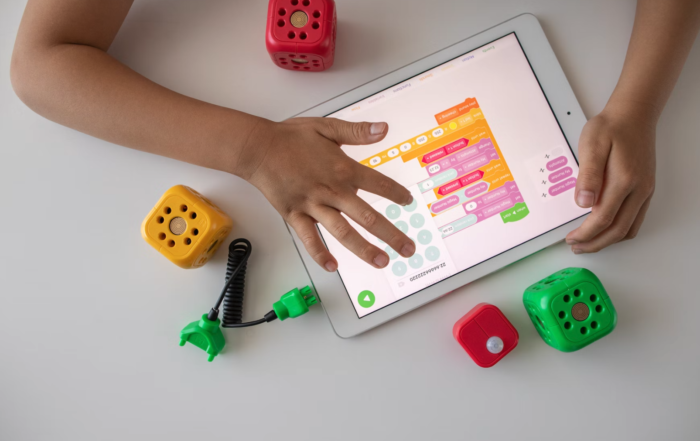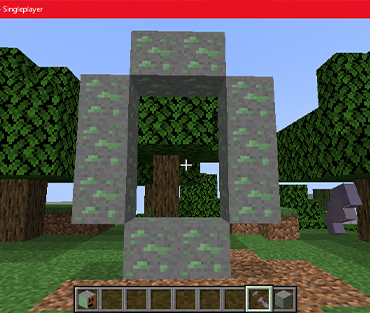A guide for learning (for kids and parents)
“The more that you read, the more things you will know. The more that you learn, the more places you’ll go” – Dr. Seuss
Knowledge is power, just ask Dr. Seuss! At MakerKids, we know what makes learning successful is setting and achieving goals. You wouldn’t get into a car and not have a destination, right? The same applies to gaining knowledge or new skills. Having a destination (a goal) gives your drive a purpose and literally puts you in the driver’s seat of your learning journey.
Research (1) has shown that people who set goals are less stressed, perform better and are more satisfied with their life. Doesn’t it feel great to set a goal (like running an 8 minute mile or learning Minecraft) and then achieve it?
By setting learning goals and measuring their achievement through grades and other tangible results, you are able to see what you have done and what you can do. And guess what? Achieving those goals will give you the confidence to reach even higher next time for a more challenging goal.
“Anything is Possible. Anything can be.” – Shel Silverstein
So, how do you set goals effectively? By remembering that goals should be SMART (2)
Specific
Measurable
Action-oriented
Realistic
Time-oriented
This acronym applies to not only academics, but to any goal you might want to set for yourself.
Specific: “I want to get an A in Algebra this year”
Measureable: “I can track my progress by how well I do with my homework”
Action-oriented: “I will have to pay attention in class, study and ask for help when I need it”
Realistic: “I got a B last year in Math so an A is only one letter grade higher.”
Time-oriented: “I know when my tests are going to be so I know what material I need to have a grasp of by certain dates.”
Write your goals down so you can see them every day and let them motivate you (grab some colourful markers and write them on a poster board to make it fun!). If a goal seems too big, create some smaller sub-goals that will help you reach your ultimate goal.
Goal: Run 8 minute mile
Sub goal: Run an 8:20 mile by the end of Fall and try to decrease time by 10 seconds every 2 weeks.
Make sure you keep a positive attitude when working towards your goals! If you want to run an 8-minute mile in P.E but you sprain your ankle the day before your race, you’ll need to keep your expectations in perspective. Yes, you didn’t reach your specific goal. BUT, you trained really hard, so as soon as your ankle heals you can get back to reaching that specific goal.
“‘I have not failed. I’ve just found 10,000 ways that won’t work.” – Thomas Edison
Use setbacks as a benchmarks to compare yourself against when you set your next goal. Evaluate your current technique, skills and knowledge and build upon that for your next goal.

The best part about setting goals though, is achieving them! Celebrate your successes and take the time to enjoy the satisfaction of reaching your goal. Keep in mind that reaching your goal is awesome, but don’t forget to reflect on all your hard work you did to get there.
“A trophy carries dust. Memories last forever.” – Mary Lou Retton
Sources:
- Emmons, Robert A (1996). “Striving and feeling: personal goals and subjective well-being”. In Gollwitzer, Peter M.; Bargh, John A. The psychology of action: linking cognition and motivation to behavior. New York: Guilford Press. pp. 313–337. ISBN1572300329. OCLC 33103979.
- https://www.unh.edu/counseling-center/article/goal-setting)
Also Read
How Coding Classes Can Lead to a Career in Coding
Often, children are asked the question, what do you
Digital Creativity Unleashed: Coding as a Creative Outlet for Kids
When children learn to code, they’re not only learning
Unlocking Creativity: How Minecraft Can Foster Imagination and Innovation in the Classroom
Many people think of Minecraft as just a game









